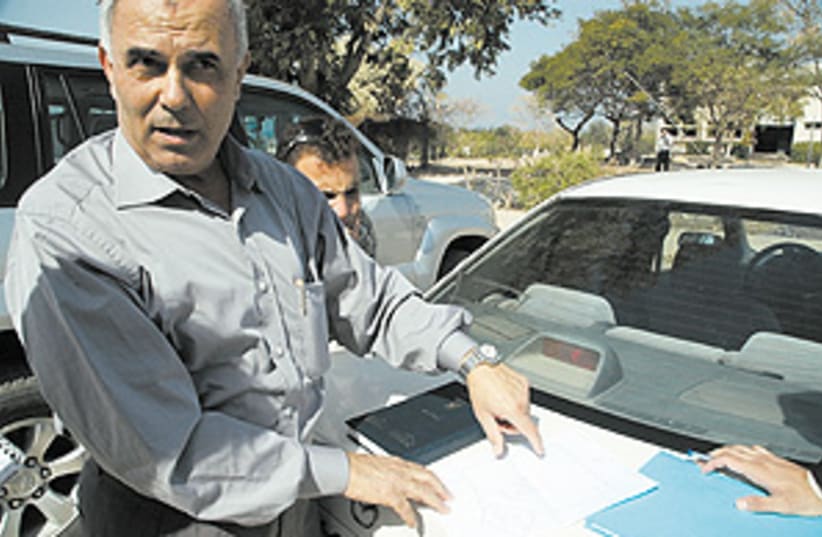| More about: | Neve Dekalim, Palestinian National Authority, Al-Azhar University, Islamic University of Gaza |
Neveh Dekalim to become university campus
Gaza engineer Ali Abu Shahla sees a mecca of Palestian education on the settlement's ruins.


| More about: | Neve Dekalim, Palestinian National Authority, Al-Azhar University, Islamic University of Gaza |